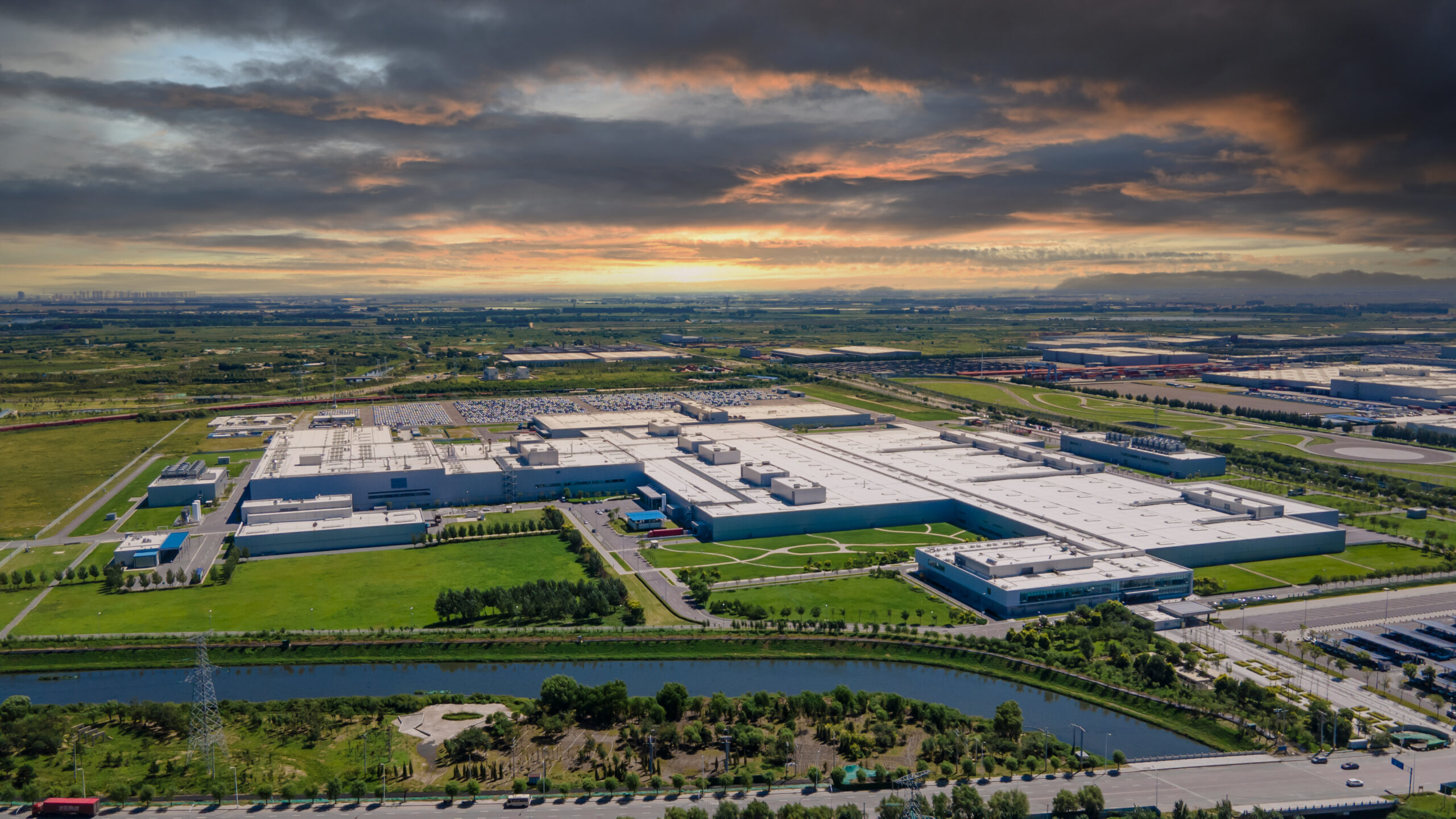Taking a full supply chain perspective on sustainability has never been more urgent.
The 2015 Paris Agreement on climate change has prompted many executives to announce carbon neutrality dates for their companies, typically somewhere between 2030 and 2050. Ambition levels vary by industry, but with regulatory pressure increasing and climate-conscious downstream buyers and consumers caring more about the origins of their purchases, the leeway for companies to adopt more sustainable practices is shrinking.
For companies to reach their carbon neutrality and other sustainability goals, the key first step is being able to quantify emissions across supply chains. Doing this usually calls for dividing a business’s emissions into three “scopes”. Two covering its own emissions – Scope 1, which includes emissions released through its buildings and vehicles, and Scope 2, which records emissions from electricity, heating and cooling – and Scope 3, which includes emissions released upstream and downstream as part of the manufacturing process.
While Scope 1 and 2 emissions are at least in theory easily tracible by a company, Scope 3 emissions are almost always far more difficult to track. This matters because, as research by consultancy Oliver Wyman has shown, Scope 3 emissions can account for up to 98% of a reporting company’s total emissions, depending on the industry.
In the example of a reporting company with one or more upstream suppliers, several challenges accompany Scope 3 emission reporting and reduction. First is putting in place transparency mechanisms that allow suppliers to report their exact carbon emissions. However, there are currently no strict guidelines to Scope 3 reporting, which means many companies either fail to provide information about their emissions or use industry standard emissions in their reports. Even if upstream suppliers agree to disclose their emissions some, depending on their bargaining power, may still refuse to put in place more sustainable practices requested by their partner, while others may only agree to change their practices if they receive adequate compensation.
Beyond carbon emissions, the picture is often even bleaker for other important environmental aspects of company operations such as water usage, where data is rarely recorded in a systematic way. With climate change starting to bite – as witnessed in the water shortages now being seen across Europe – sustainability must be taken more seriously despite the many other short-term pressures companies are also facing.








